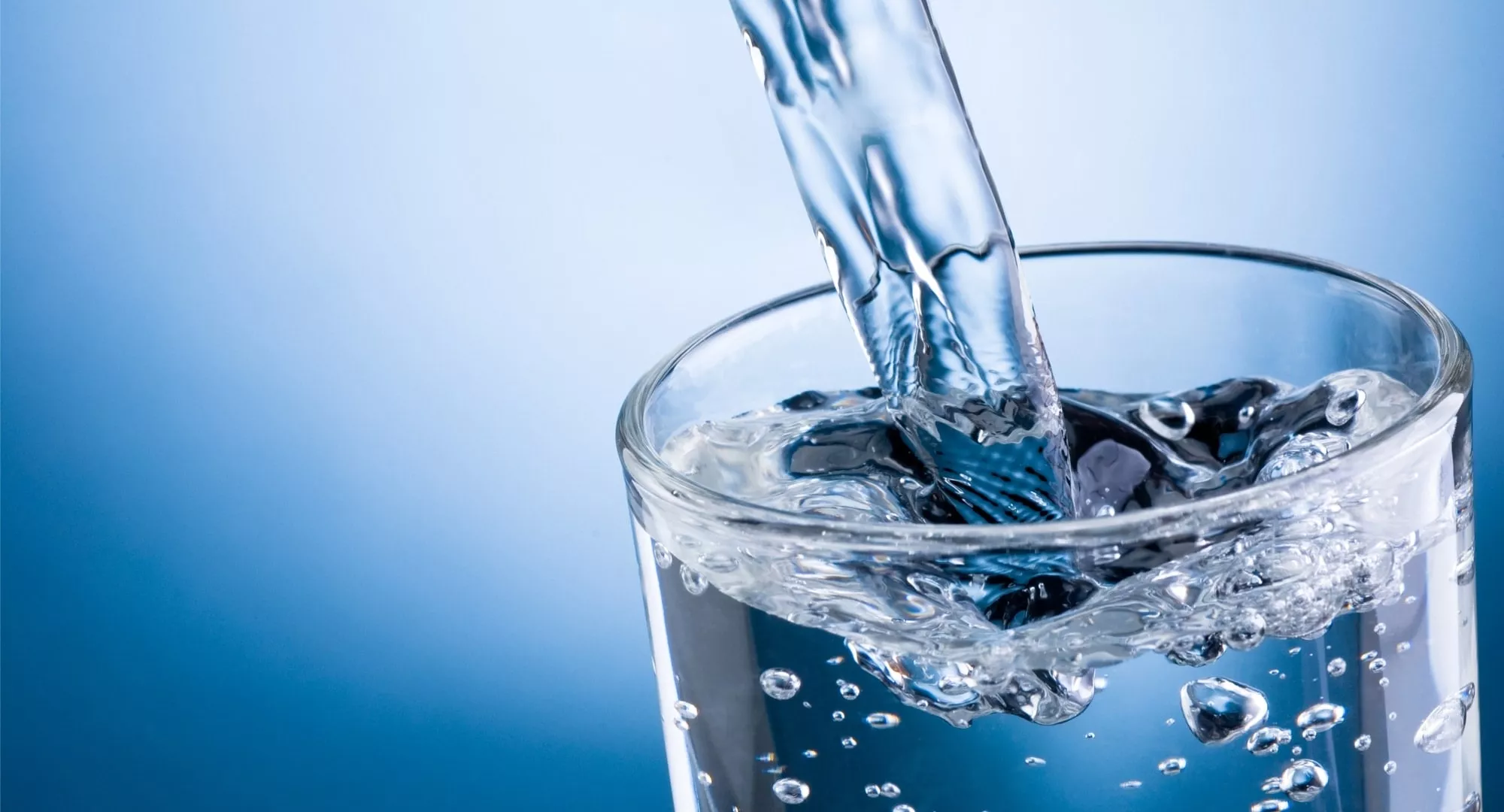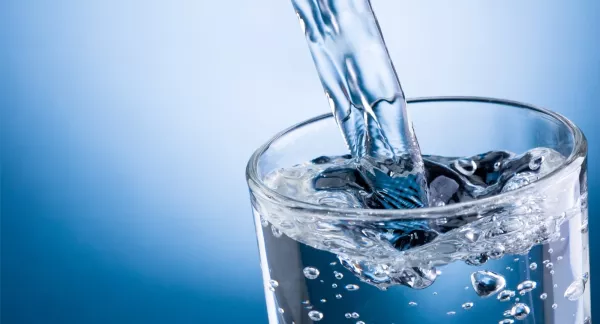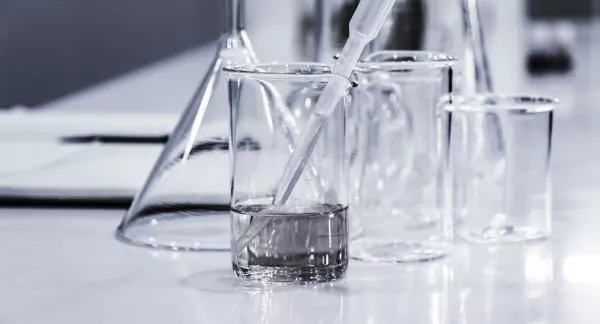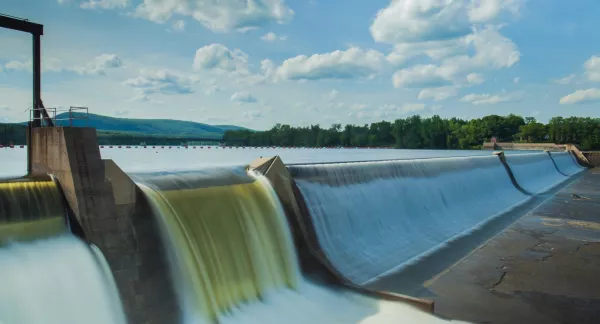
Optimization of Advanced Oxidation Processes (AOP) for Water Reuse
Abstract
The use of indirect potable reuse (IPR) to augment and sustain water supplies is being actively evaluated to confront availability problems. However, one of the main issues associated with IPR is the presence of micropollutants that are of potential health and ecological concern. The application of advanced oxidation processes (AOPs), including ozone, ozone with hydrogen peroxide (H2O2), and UV light with H2O2, has been shown to be effective for the removal of micropollutants. The increased effectiveness of AOPs for contaminant removal is due to the formation of hydroxyl radicals, which non-selectively react with a wide range of micropollutants. However, the hydroxyl radical also reacts with water quality components (e.g., alkalinity, total organic carbon [TOC]), limiting AOP effectiveness, a problem commonly referred to as scavenging. The project evaluates AOP performance from the perspective of the reactivity of hydroxyl radicals toward effluent organic matter (EfOM) and the effects on the efficiency of AOPs for micropollutant oxidation.
Originally funded as WERF project Reuse-06-12.


